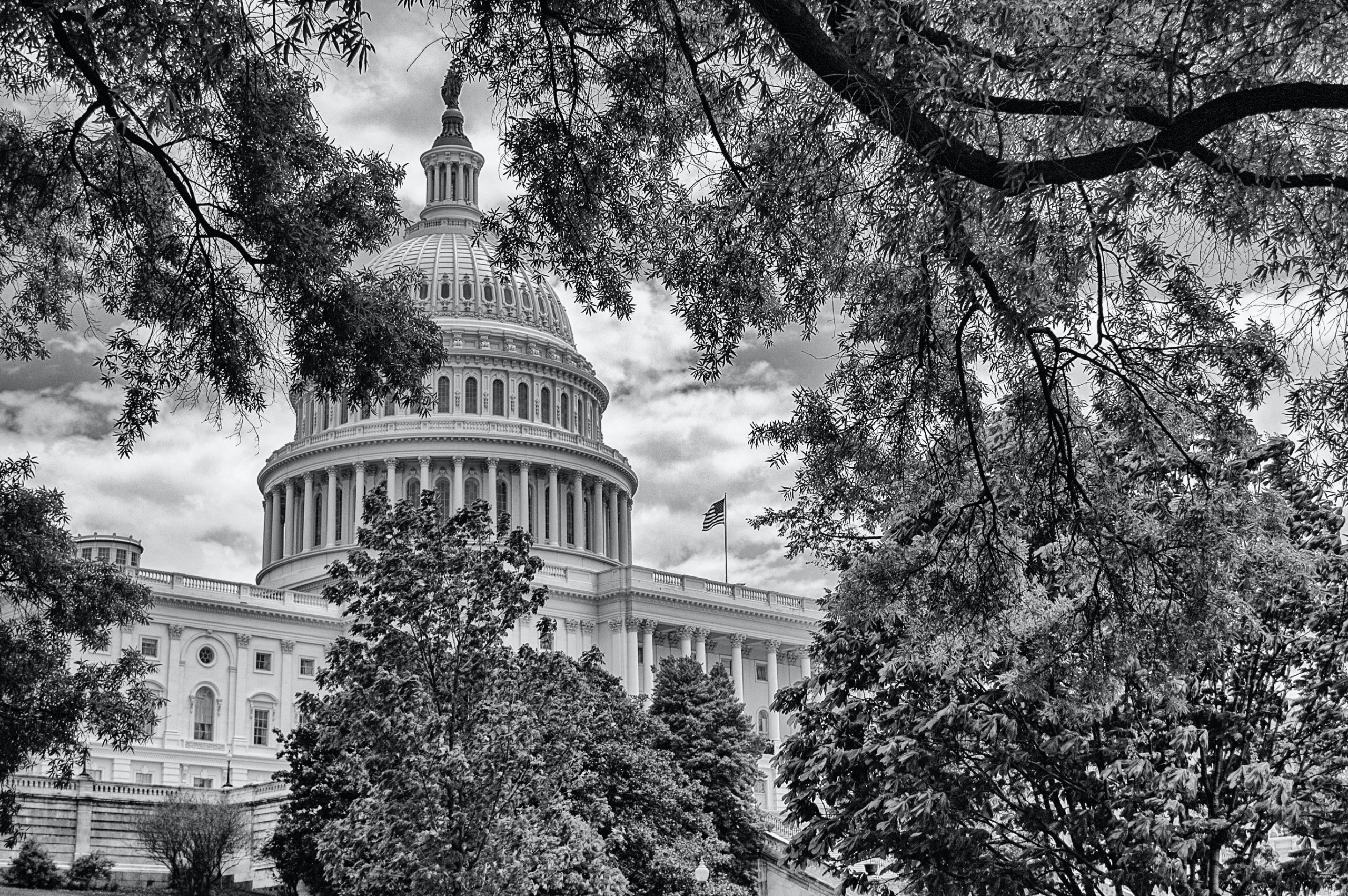In the last few years, CFTC has used CFTC Rule 180.1 to pursue claims as frequently, if not with greater frequency, than claims brought under traditional fraud provisions such as Sections 4c and 6c of the Commodity Exchange Act, which are the statutory provisions under which CFTC Rule 180.1 was adopted. This article will provide a brief overview of cases that provide insight into the expanded scope and reach of enforcement efforts by CFTC under Rule 180.1.
Prior to adoption of CFTC Rule 180.1 in 2011, CFTC had limited authority to bring enforcement actions involving the use of non-public information. Before adoption of the rule, the Commodity Exchange Act only prohibited insider trading claims involving the misuse of confidential information by CFTC employees, exchange employees or employees of SROs.
This narrow reach has been expanded under CFTC Rule 180.1 to include the misuse of confidential information by any person from any government source, as well as any “private, non-governmental person who misappropriates confidential information in the context of a duty owed to the source of the information.” Application of CFTC Rule 180.1 often focuses on the improper use of confidential information in the context of a breach of a contractual or common law duty owed to a client or an employer, which includes introducing broker (IB)/customer relationships and IB/employer relationships. A review of the following cases underscores CFTC’s expanded use of CFTC Rule 180.1 to pursue the misuse or misrepresentation of confidential information.
In CFTC v. EOX Holdings; Case No. 18-cv-8890 (S.D.N.Y. 2018), CFTC alleged that EOX Holdings, an IB, and one of its employees misused non-public confidential information from one of its customers to benefit another customer of the IB. This case presents a more traditional version of a securities “tipping” case, in which the individual who shared the information did so to benefit another person (in this case another customer of the IB), rather than simply benefit himself. Interestingly, the third-party recipients, or tippees of the information, were not charged by CFTC because the tippee recipients owed no duty to the underlying customer whose information was misappropriated in the first instance by the IB. The case was transferred and is currently pending in the U.S. District Court for the Southern District of Texas, Case No. 19-cv-02901.
In late March 2021, CFTC filed an action against Cody Easterday and Easterday Ranches in the U.S. District Court for the Eastern District of Washington, CFTC v. Easterday; Case No. 4:21-cv-5050 (E.D. Wash. 2021) for violations of CFTC Rule 180.1. The core fraud involved the preparation and submission by Easterday of false cattle inventory purchase and sales figures to both his FCM and CME in connection with at least two hedge exemption applications that were granted by CME permitting him to exceed speculative position limits.
In the Matter of Aaron Seidenfeld; CFTC Case No. 19-51 (Sept. 30, 2019), CFTC charged a public customer with violations of CFTC Rule 180.1 for falsifying information on his account applications submitted to multiple FCMs to induce the FCMs to conduct business with him. Unfortunately, the FCMs rightfully relied on the false representations and Seidenfeld left the FCMs with large debits. CFTC found that the reach of Rule 180.1 extended to representations made by a customer to an FCM in connection with an account application because, by definition, these representations are made in connection with commodity trading. This particular action by CFTC stands out insofar as the Division of Enforcement rarely brings actions against customers to protect the FCM community.
IBs, their principals and associated persons should be aware that CFTC has utilized Rule 180.1 to initiate a wide variety of cases to punish registrants and deter industry participants from engaging in wrongdoing.
If you have any questions, please contact the authors of this article:
Jeff Henderson
Greenberg Traurig, LLP
Kyle L. Flynn
Greenberg Traurig, LLP




